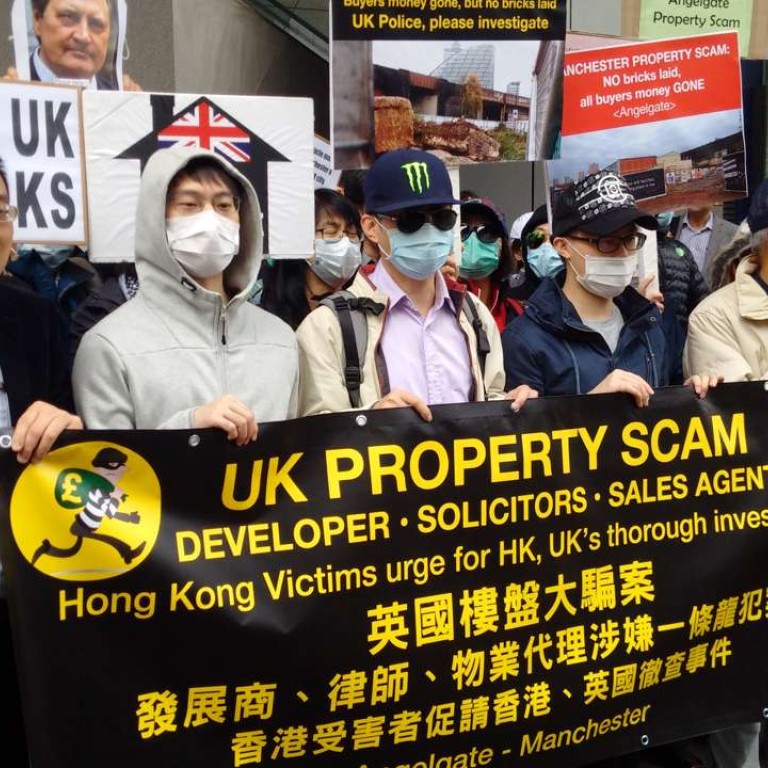
New | Hong Kong probing overseas property scams that cost buyers HK$500m in losses
Hong Kong’s SFC is looking into complaints of overseas property scams, which may have cost investors as much as HK$500 million in losses.
Hong Kong police and the securities regulator are looking into overseas property projects that have gone into default, costing investors as much as HK$500 million (US$64.4 million) in losses, according to a Hong Kong lawmaker.
Legislative Council member James To Kun-sun, who has been receiving complaints concerning overseas real estate investments, said he urged the Securities and Futures Commission (SFC) to investigate the cases at a meeting with the agency last week.
The SFC will make an announcement regarding the cases, while the Commercial Crime Bureau (CCB) of the Hong Kong police is also looking into them, To said.
“The CCB has finished the first stage of the investigation to collect statements from investors,” he said in a telephone interview with the South China Morning Post. “They are now seeking legal advice from the Department of Justice and looking for representative cases in order to bring up prosecutions.”
Hong Kong’s record housing prices and the strength of the currency have prompted many city residents to invest in overseas properties, but complaints against foreign developers and local agencies have also risen in the past few years.
It was after the cases were reported widely by global media that the UK police started to take the cases more seriously
While local authorities have clear guidelines for purchasing properties in Hong Kong, the city has few protections in place when it comes to regulating agents promoting overseas property investment, which has left investors involved in such schemes highly exposed to uncertain risks.
More than 1,000 investors from mainland China, Hong Kong, Taiwan and Malaysia have invested about HK$500 million into projects where construction work has stalled, To said.
Some buyers are unable to get the rental returns promised to them before the purchase, he added.
In December, more than 50 Hong Kong investors of Manchester’s Angelgate luxury apartments marched to police headquarters, claiming they had put over £30 million (US$36.6 million) into the suspected development scam.
Construction was suspended last year after the developer Pinnacle Alliance sacked the construction company and requested additional funding to finish the project.
While getting positive feedback from Hong Kong regulators, To said British police have not been engaged in the investigation “that diligently” until recently.
“It was after the cases were reported widely by global media that the UK police started to take the cases more seriously,” he said. “Some of the involved investors have finally received formal replies from them.”
To said Hong Kong and British police have to join hands to carry on the investigation.
When it comes to the question of which party should be prosecuted in the cases, To said it is not only the agents and developers, but all who have been involved in the alleged fraud.
“Even possibly the lawyers and other third parties like financiers of the developers,” he said.
However, some buyers do not expect the SFC to offer any help.
Eddy Lau, who has invested £290,000 in Angelgate, said he was more concerned about when the developer will deliver the two units he bought.
“I personally do not care whether the developer has violated SFC regulations,” Lau said. “Even if SFC decides to sue, it does not mean I will get my property soon.”


